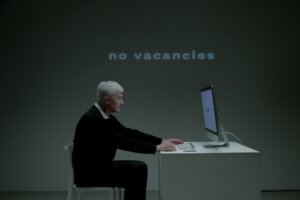Being an HR professional seems to bring a number of questions from friends, family, and new acquaintances. These questions cover the gamut of all things that fall in the broad spectrum of HR responsibilities and often involve actual scenarios from workplace situations in which the asker is questioning the handling of the situation by the HR department or manager involved within. A common response to those specific questions is, “well, it depends,” usually followed by a few disclaimers that go something like this:
“My view is just an opinion. I need to know more about the company policy and the specific situation to really give a fair opinion and I am not an attorney and do not provide legal advice.”
Over the next few weeks, I will be discussing some of those questions and hopefully debunking the myth that the purpose of HR departments everywhere is to make things difficult.
I would also like to encourage you to provide me with your own questions to add to this series. You can forward them to me via email at [email protected] or through my Linkedin Profile at http://www.linkedin.com/in/sherimazurek (ask me to connect, I will) or through the comments in this blog.
Below is a common question that seems to be widely misunderstood by employees in organizations everywhere.
Why can’t I sell my kid’s__________ (insert any random funding item) in the office? I won’t disturb anyone from working and will simply just post the sheet in the break room?
Non-Solicitation, Non-Distribution policies are in place in most organizations to keep them union free. As with all policies in the handbook, they need to be enforced consistently (see a future post for more on enforcing policies). Companies that have inconsistently enforced these policies have lost the right to in court to use the policy to prevent the solicitation and distribution of union membership in the workplace. So while employees (and unfortunately some HR folks) may perceive that this policy was created to prevent the workplace from turning into a flea market, its roots are mostly likely grounded in union prevention. Building credibility requires explaining the whys sometimes. It helps employees understand that you are not there to police the rules.
What do you think?
————————————————————————————-
For more resources, See the Human Resources library.
—
Sheri Mazurek is a training and human resource professional with over 16 years of management experience, and is skilled in all areas of employee management and human resource functions, with a specialty in learning and development. She is currently employed as the Human Resource Manager at EmployeeScreenIQ, a global leader in pre-employment background screening.
 Sections of this topic
Sections of this topic
















